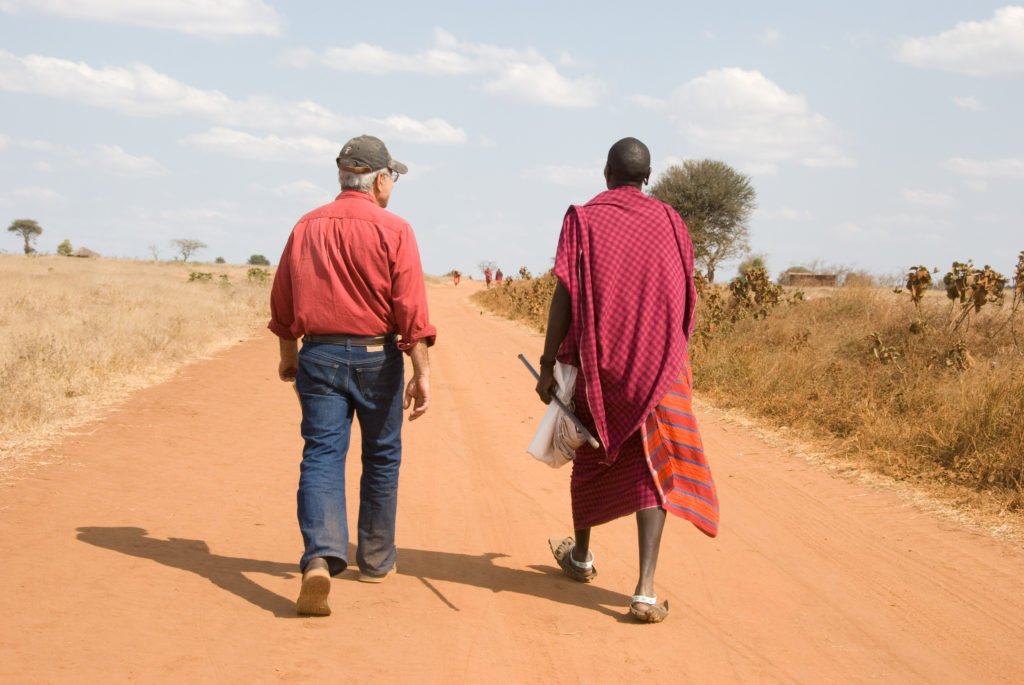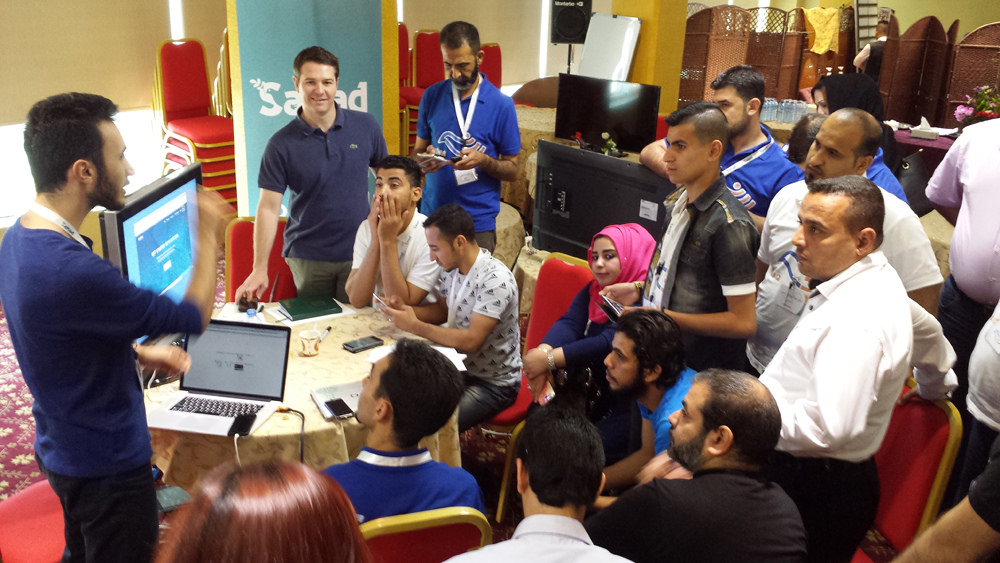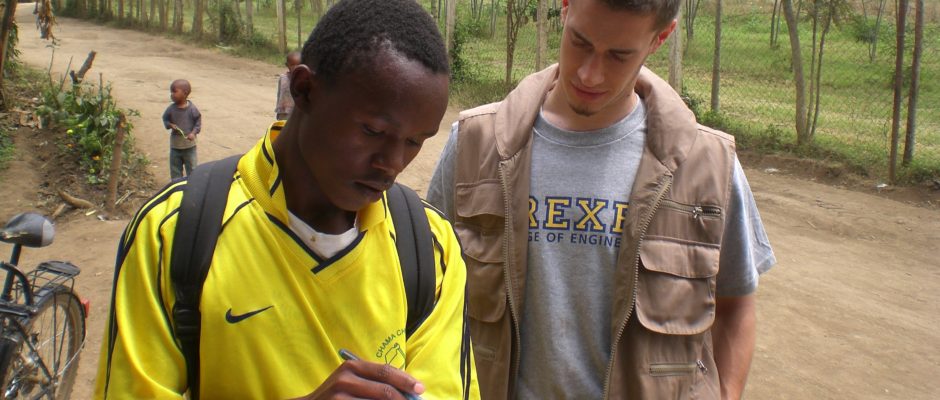Drexel University is launching a new graduate program in peace engineering, an emerging field that mashes up engineering and applied sciences with the social sciences to resolve or reduce violent conflicts. It is the first academic program of its kind in the United States. According to Director James Tangorra, the hoped-for, big-picture outcomes are security, rule of law, a sustainable economy, participatory governance and social well-being.
“What we are trying to do is teach a technical skill set in engineering applicable to the actual challenges we have in our society,” he explains.
 Employment opportunities, the university says, are with government, NGOs and a wide range of industries.
Employment opportunities, the university says, are with government, NGOs and a wide range of industries.
The required courses cover a wide breadth of disciplines including conflict management and negotiating, systems and data analysis, project management, gaming, water, sanitation, hygiene and energy, along with public health, anthropology and ethnography, education, politics and gender. There is also a two-term fieldwork requirement.
More than 30 Drexel faculty developed the program in collaboration with PeaceTech Lab, a Washington-based nonprofit whose mission is to “save lives through earlier warnings and smarter responses to violence.”
What we are trying to do is teach a technical skill set in engineering applicable to the actual challenges we have in our society.James Tangorra
Under older, more traditional models, diplomats might make decisions about, say, infrastructure improvements. Eventually engineers would be brought in to design and implement the plans. Peace engineers, by contrast, collaborate on multiple fronts to understand and analyze conflict, determine how and whether engineering approaches can improve scenarios, and provide ethically- and morally-just solutions. For example, it’s not enough just to build a well without addressing underlying conflicts based on, say, gender or ethnicity, that might render the well unsustainable or insufficient.

While peace engineering is clearly applicable across the globe, Tangorra intends for Drexel to focus on needs closer to home.
“What has inspired a lot of us at Drexel is looking in our own community,” he says. “We should be leveraging the technical capacity of the university with the technical needs of the surrounding community.”
To that end, the program is embracing an “urban technical extension” approach to address neighborhood-level issues. Already, several Drexel students are working with West Philadelphia’s Peoples Emergency Center to improve food bank deliveries in inclement weather via technology. Other students, in conjunction with Drexel’s Dornsife Center for Neighborhood Partnerships, are working on urban gardens and educational programs in nearby Mantua. Others are in Costa Rica and Israel working through PeaceTech Lab.
A lot of student go into engineering because they want to address important global issues.James Tangorra
The peace engineering program is also gearing up for research on four initial priorities: sensing, data and information; water, sanitation and hygiene; systems dynamics, and community resilience. One area ripe for study is the widespread use of smartphones, “which has put processing ability in everybody’s hands,” says Tangorra, “[and] changed how data and communications can affect the individual and, therefore, the community.”
Drexel’s new program is intended to fill a void in higher education.
“A lot of student go into engineering because they want to address important global issues,” he adds. “We have not done a good job [teaching them the skills] that are important to our society. Bio-engineering has done this well. Environmental engineering has done this well.”
Now with this initiative, so will peace engineering.
ELISE VIDER is news editor of Keystone Edge.
